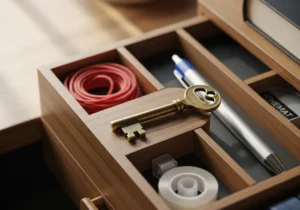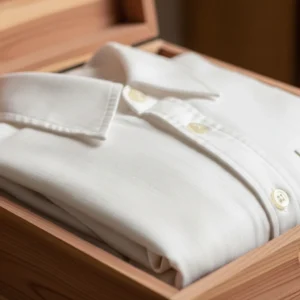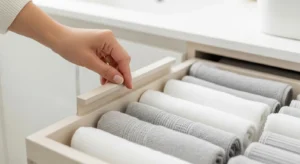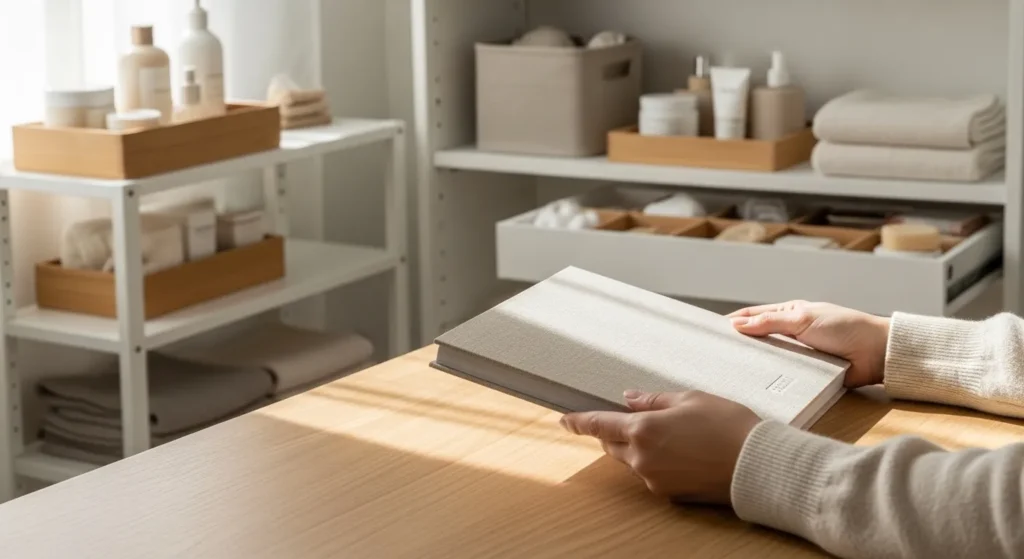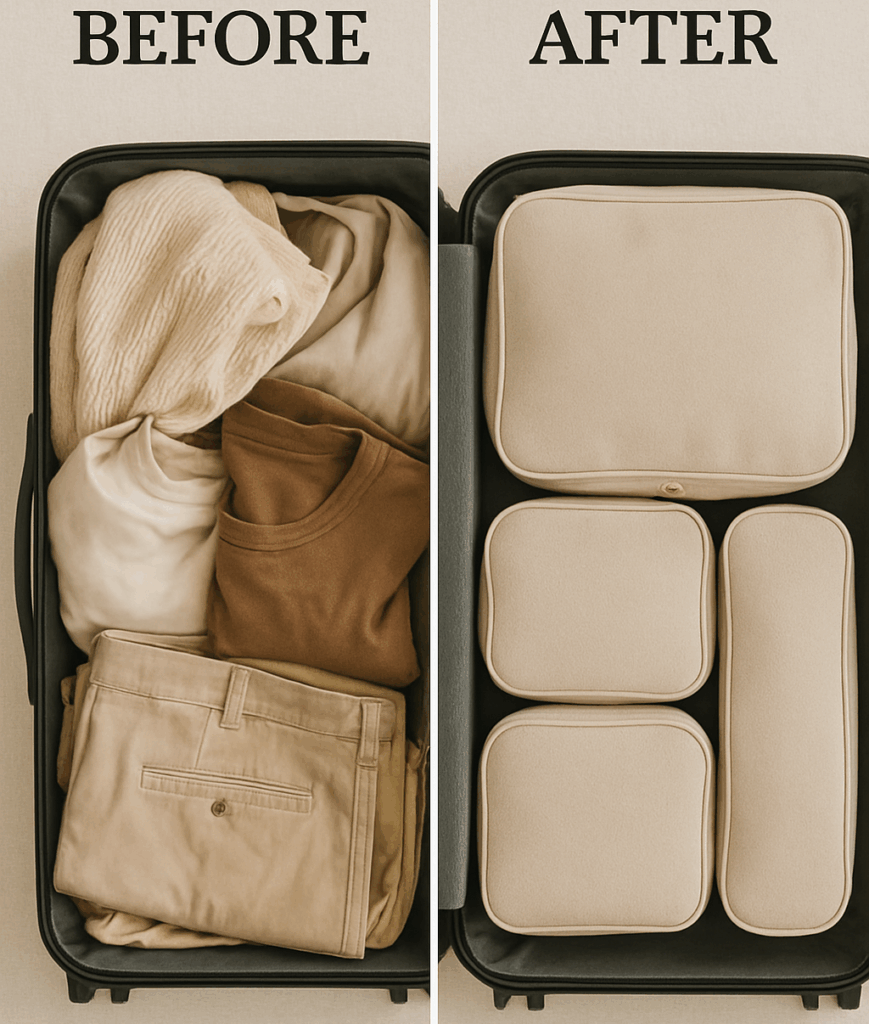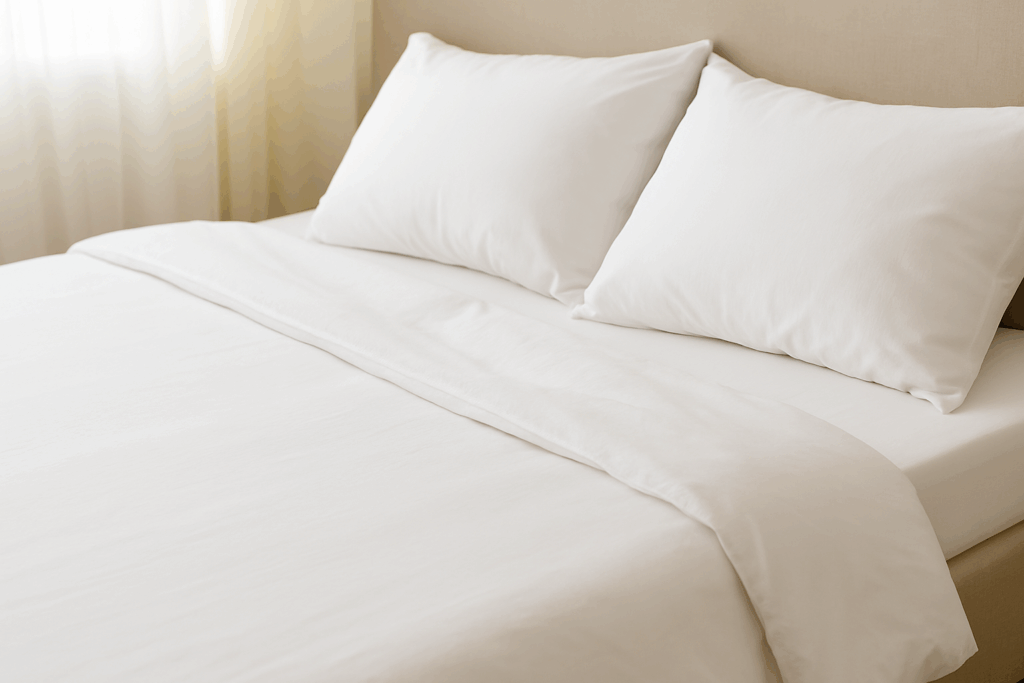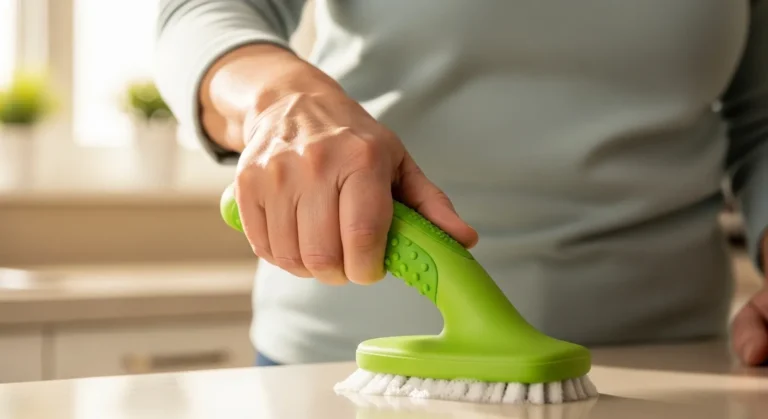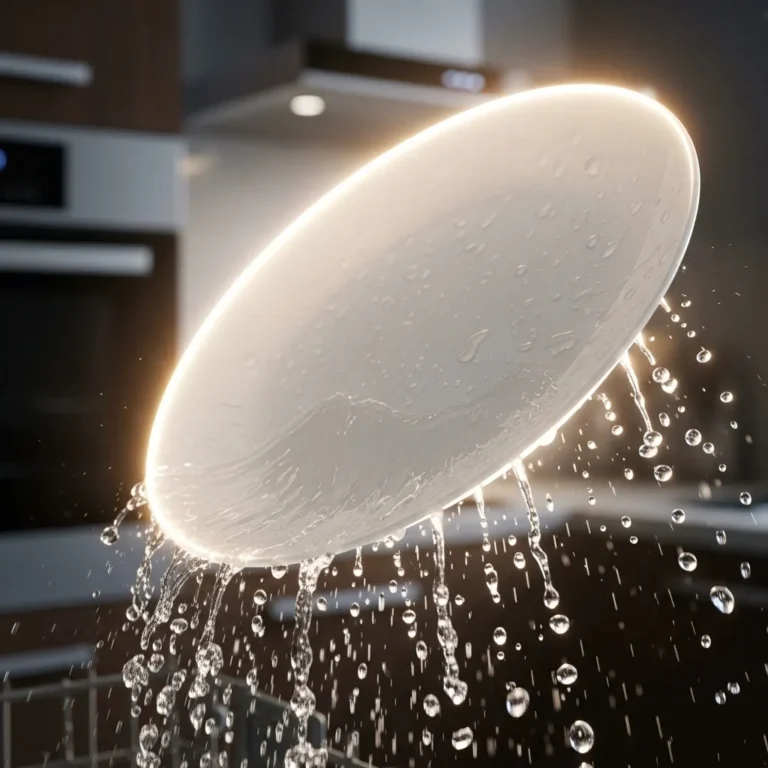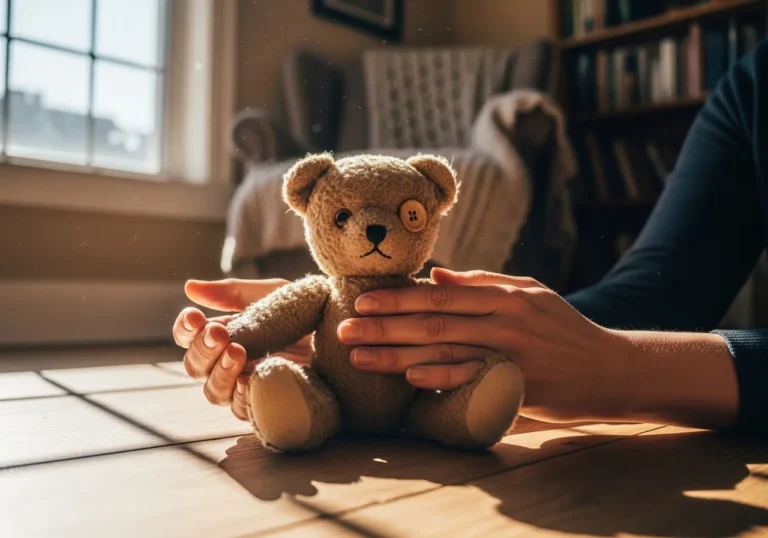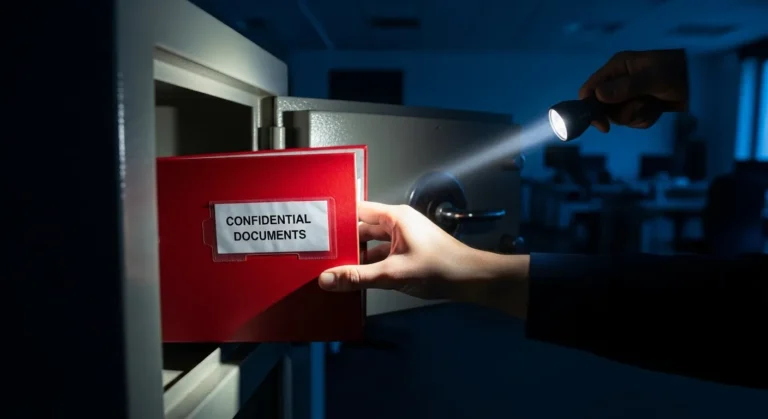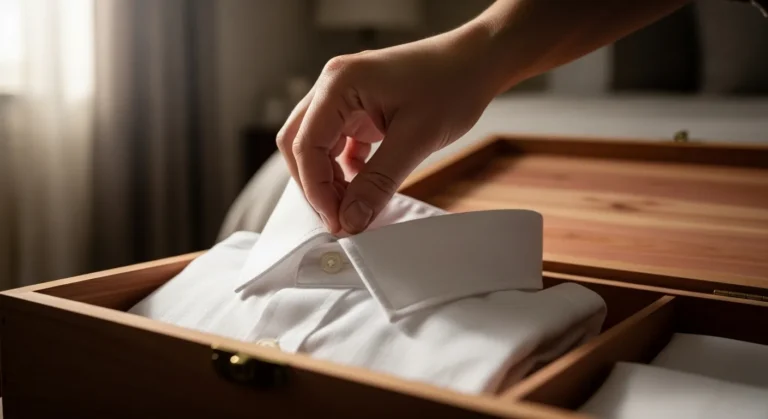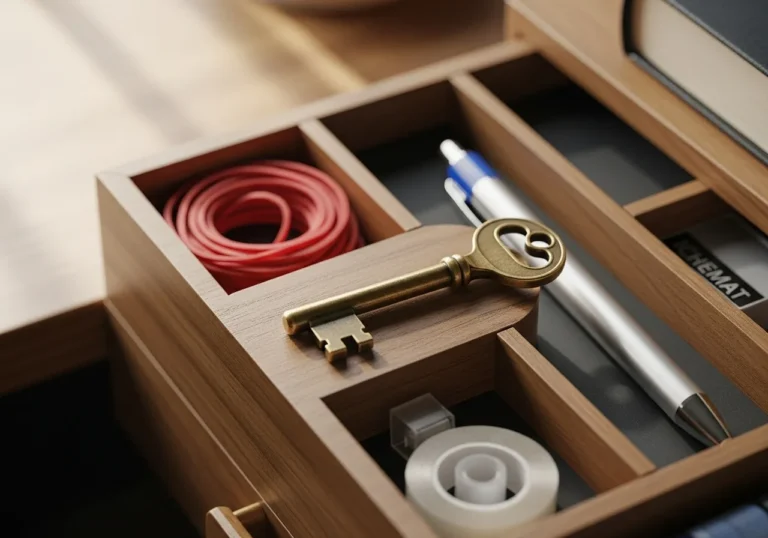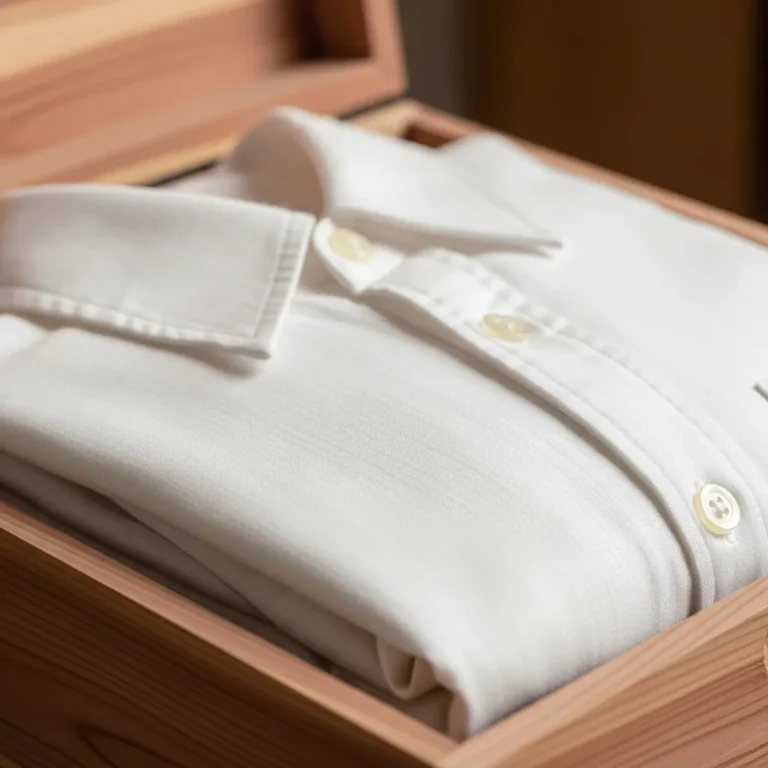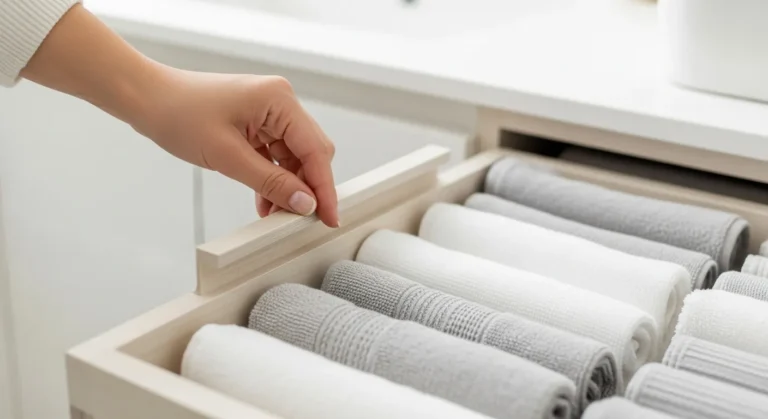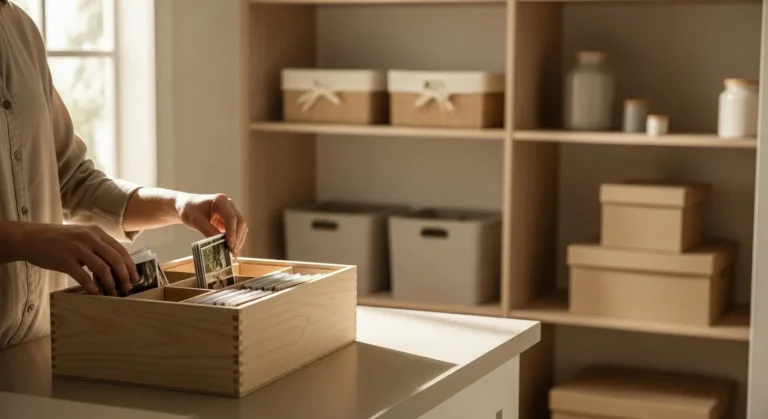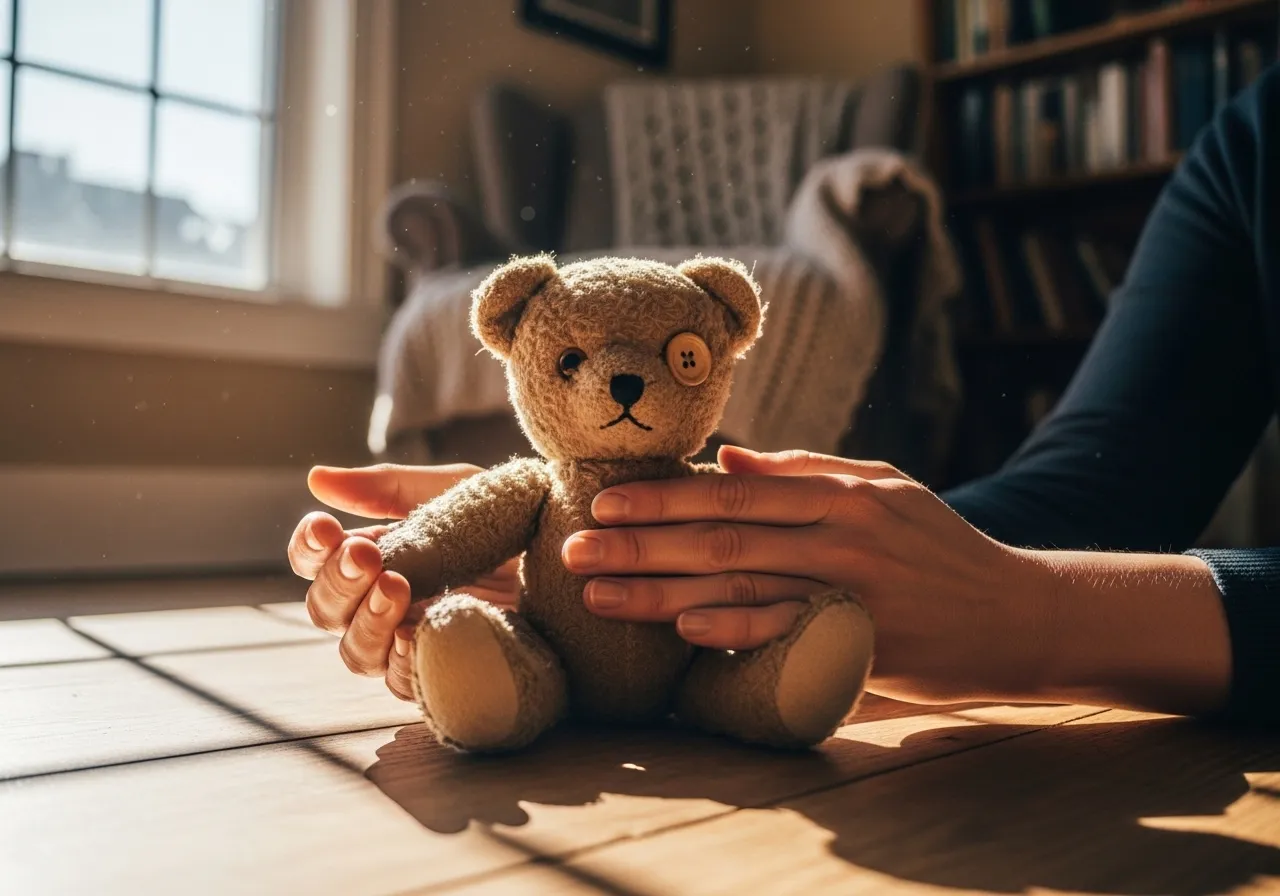
If you’ve ever stood in a room, surrounded by possessions you no longer use, want, or even like, and felt completely stuck, you are not alone. Clutter is more than just a physical mess; it’s a complex and often emotional issue tied directly to our psychology, memories, and even our identity. Experts in mental wellness and organization agree that our attachment to objects is rarely about the items themselves. Instead, it’s about what they represent: a past we cherish, a future we hope for, or a fear of letting go. This guide will walk you through the psychology of clutter, helping you understand the “why” behind the piles so you can begin the “how” of decluttering with compassion and confidence, creating a home that supports your well-being.
Understanding the reasons we hold on to things is the critical first step toward lasting change. It transforms decluttering from a frustrating chore into a mindful act of self-care. By untangling the emotions tied to our belongings, we can make clearer, more intentional decisions about what truly deserves a place in our homes and our lives.

